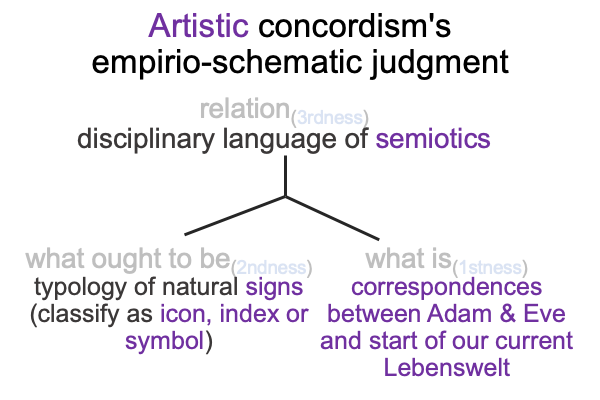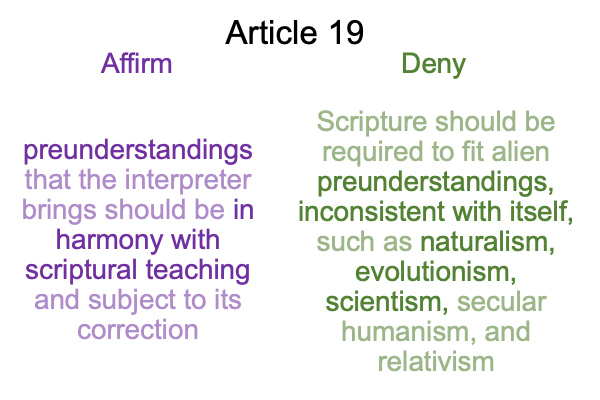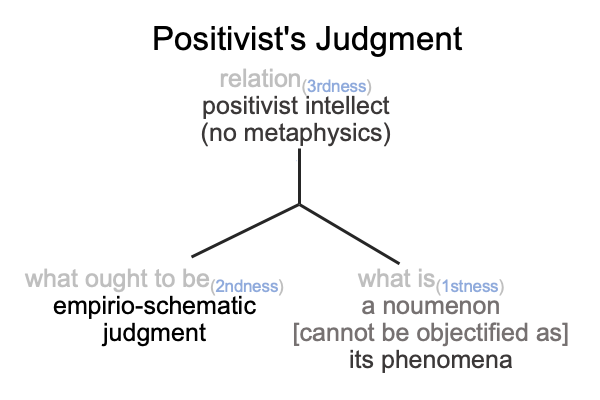0127 Oops. I got ahead of myself.
Even though the points 0120 through 0126 are fanciful, they contain an application of artistic concordism. In this case, all the written origin stories of the ancient Near East indicate the potentiation of civilization in our current Lebenswelt.
0128 Here is a picture, once again.

Okay, following the diagram for artistic concordism as an empirio-schematic judgment, I may say, “The disciplinary language of semiotics (relation, thirdness) brings the sign classification of index (what ought to be, secondness) into relation with the observation of a correspondence between all the written origin stories of the ancient Near East (except for the Creation Story) and a very recent cultural event that potentiates civilization (what is, firstness).”
Isn’t that mind-boggling?
0129 Oh, how about article 19, once again.

0130 I ask, “Is semiotics a “preunderstanding?”
I suppose that it is.
Or, maybe, this instance of the discipline of semiotics goes into a larger judgment, and that larger judgment is the preunderstanding.
0131 So, I need to step back.
For modern science, the Positivist’s judgment is the larger judgment that contains the empirio-schematic judgment as what ought to be (secondness).
Here is a picture.

0132 A positivist intellect (relation, thirdness) brings the empirio-schematic judgment (what ought to be, secondness) into relation with the dyad, a noumenon [cannot be objectified as] its phenomena (what is, firstness).
This relation is derived in Comments on Jacques Maritain’s Book (1935) Natural Philosophy.
The positivist intellect has a rule, saying, “Metaphysics is not allowed.”
Well, to me, that sounds like a preunderstanding that is alien to the Bible.
And, that impression is supported by the fact that modern science is what the doctrines of naturalism, evolutionism, scientism, secular humanism and relativism celebrate.
So, article 19 condemns those who try to fit Scripture into the alien preunderstanding of the Positivist’s judgment.
Not surprisingly, everyone committed to the Positivist’s judgment belongs to the exaltation of nature3c camp.
So, they don’t care about grace3c.
Plus, article 19 ends up back-handing Christians in the exaltation of grace3c camp who claim that the Bible offers the same information as science. Ross calls them “hard concordists”. Scripture offers the same results as modern empirio-schematic inquiry. In order to make this claim, hard concordists must ignore the genres (see Ross in chapter 11) of ancient Near East literature.
Oh, is that what the religions mentioned in chapter 10 are doing as well?
0133 Okay, if all that is so, then what is artistic concordism doing?
